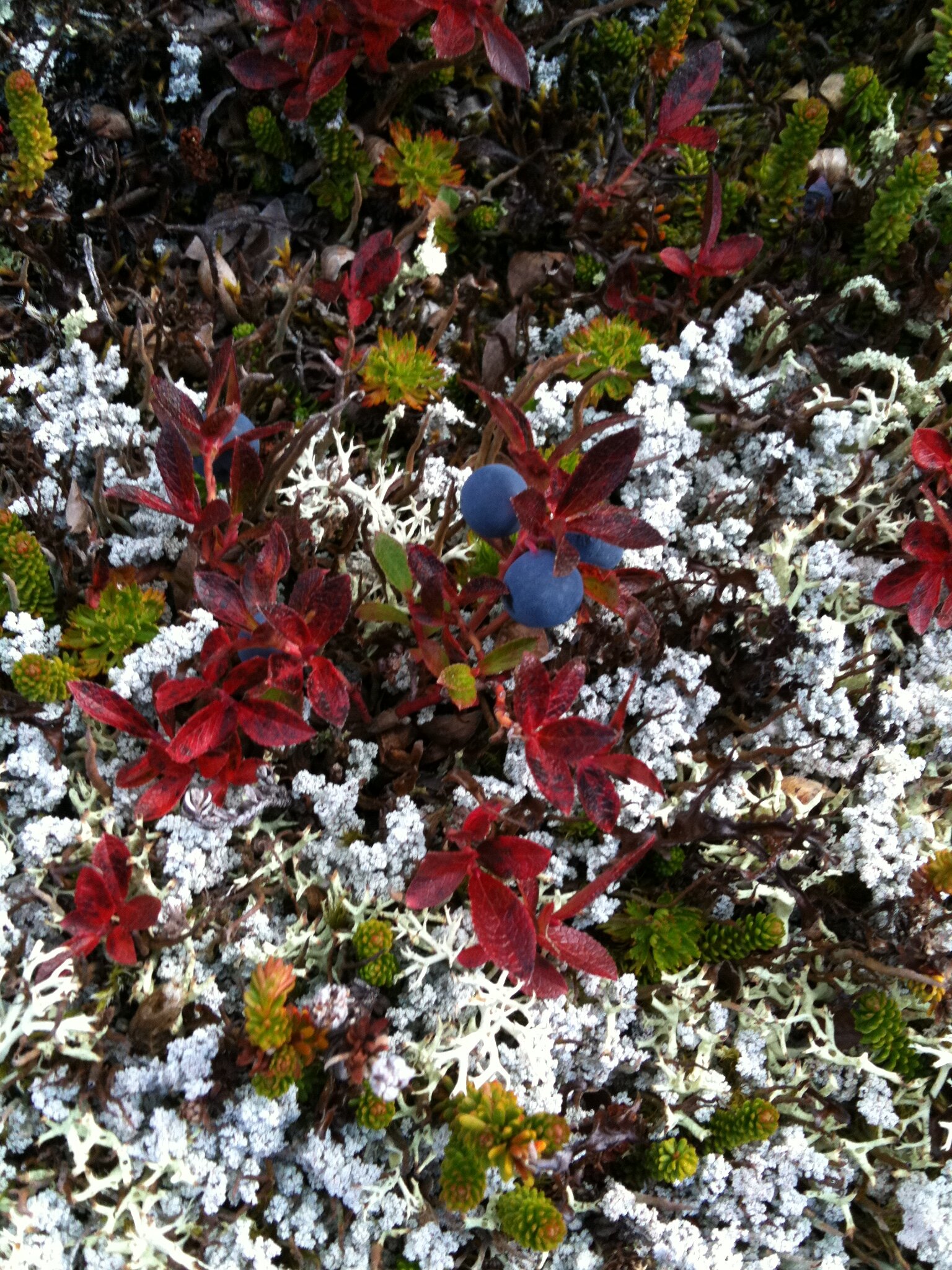Societies throughout the globe have developed cultural practices and expertise focused on maintaining or restoring the spiritual and physical well-being of its peoples through the use of medicines. There are different approaches to healing which have been defined as western, alternative, and or traditional medicine. All disciplines have contributed a wealth of knowledge towards our understanding and improvement of health and well-being; however, we will be focusing on traditional medicine as it has strong historical, spiritual, and cultural roots within First Nation and Inuit world views. Traditional medicine is today still the primary form of health care for 80% of the world’s population, mainly in developing countries (Assinewe 2002).



Traditional medicines – the Relationships between Plants, People, and Medicine
Scientists have discovered that plants develop clever ways to interact with their environment by producing chemicals that serve as survival functions. These include but are not limited to repelling predators and other plants, enhancing reproduction, and communication with other living organisms. Luckily these chemicals, identified as secondary metabolites, have medicinal properties and if properly collected and prepared can offer effective treatments for a variety of illnesses. The extraction and use of isolated medicinal compounds has contributed many successful medical treatments. What is lacking, however, is a holistic understanding of traditional medicine’s spiritual and physical healing properties.
Traditional medicine knowledge holders have a profound understanding that there exists a binding relationship between environment and the use of plants as medicine (Assinewe 2002). Knowledge holders put a great deal of importance on environmental factors such as time, place, and method of collection on the quality of treatment of body and soul. The well-being of community is often equated to the holistic well-being of its people. The knowledge is passed on from generation to generation through story telling and other traditional practices.
Impacts of Climate Change
Climate change is impacting ecosystems and species diversity around the world. Particularly in the Canadian North, we find increased rates of forest fires, invasive species, and resource exploration and development that are threatening native indigenous edible and medicinal plants (Gilbert N. Capot-Blanc, 2009). It is therefore crucial that traditional medicine knowledge practices be supported and maintained for biocultural conservation of communities and environments, for future medical uses in the prevention and management of illness, and for safeguarding traditional medicine knowledge systems.
Traditional Medicine Projects – The Stories Behind Them
Northern First Nations and Inuit communities have taken action towards the preservation and continuation of traditional medicine. Through Health Canada’s Climate Change and Health Adaptation Program, four communities tell their stories of how changes in their environment are and will impact their ability to maintain traditional medicinal practices. These projects have focused on facilitating the transfer of knowledge from Elders to youth, to develop a better understanding of climate change impacts on medicinal plants, and to develop adaptation plans to secure a future which meets the health needs of people through traditional medicinal practices.
References
Assinewe, Valerie. The science of traditional medicine. Biodiversity. Journal of Life on Earth 2002; 3(3): 20-21. Capot-Blanc N. Gilbert. Research of Traditional Medicinal Floral and Faunal Resources within Acho Dene Koe First Nation’s Traditional Territory And the Impact of Climate Change. Health Canada’s Climate Change and Health Adaptation January 2009 Report.



